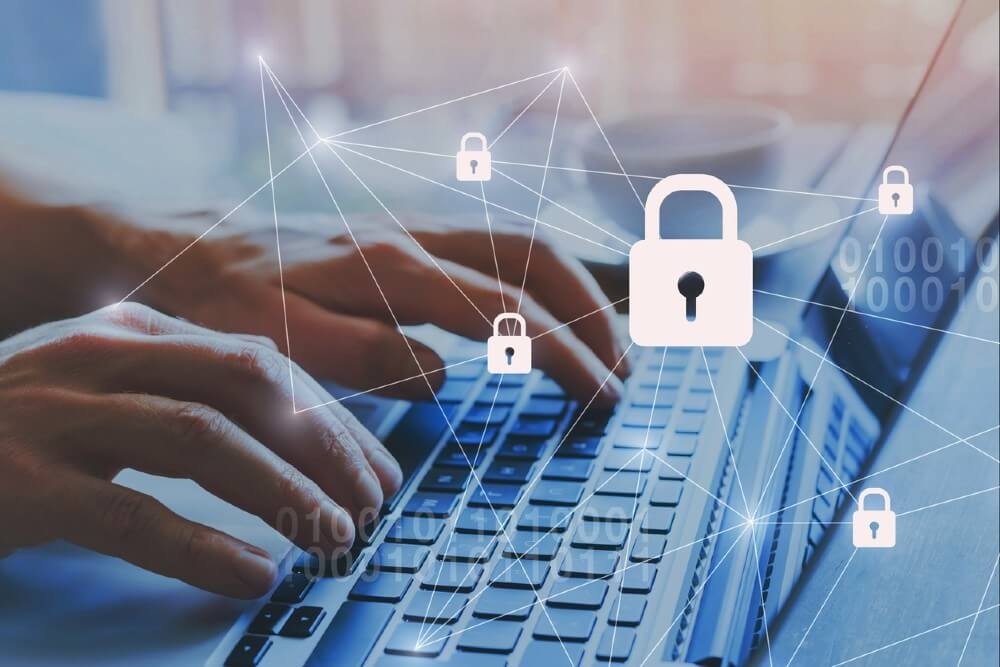In today’s digital age, cybersecurity is of paramount importance. With increasing incidents of cyber threats, data breaches, and identity theft, it is crucial to adopt effective cybersecurity practices to safeguard your personal and professional information. This article provides an in-depth look at the top five cybersecurity tips to help you stay secure online. These strategies are not just about technology but also about behavior and awareness.
1. Use Strong, Unique Passwords
The Importance of Strong Passwords
One of the simplest yet most effective ways to protect your online accounts is by using strong, unique passwords. Weak passwords are easy targets for hackers, who use various methods such as brute force attacks, dictionary attacks, and social engineering to gain unauthorized access.
How to Create Strong Passwords
A strong password should be:
- At least 12 characters long
- A mix of uppercase and lowercase letters, numbers, and special characters
- Avoid using easily guessable information such as names, birthdates, or common words
Example: Instead of using a simple password like “John123”, a stronger alternative would be “J0hn!24$YhG”.
Using a Password Manager
Remembering multiple complex passwords can be challenging. A password manager can help you generate, store, and manage your passwords securely. Popular password managers include LastPass, Dashlane, and 1Password.
2. Enable Two-Factor Authentication (2FA)
What is Two-Factor Authentication?
Two-Factor Authentication (2FA) adds an extra layer of security by requiring not only a password and username but also something that only the user has on them, i.e., a piece of information only they should know or have immediately to hand, such as a physical token.
Types of 2FA
- SMS-based 2FA: A code is sent to your mobile phone.
- App-based 2FA: Using authentication apps like Google Authenticator or Authy.
- Hardware tokens: Physical devices like YubiKey.
Benefits of 2FA
Even if a hacker obtains your password, they would still need the second factor to access your account, significantly reducing the risk of unauthorized access.
3. Regularly Update Your Software
Why Updates are Crucial
Software updates often include patches for security vulnerabilities that have been discovered since the last update. Hackers continuously exploit these vulnerabilities to gain access to systems and data.
Best Practices for Updating Software
- Enable automatic updates: Ensure that your operating system, antivirus software, and applications are set to update automatically.
- Regularly check for updates: Manually check for updates for software that does not update automatically.
Not Just Computers
Remember, it’s not just your computer that needs updating. Ensure that all your devices, including smartphones, tablets, and smart home devices, are regularly updated.
4. Be Wary of Phishing Scams
Understanding Phishing
Phishing scams are attempts to trick you into giving out personal information such as passwords and credit card numbers by pretending to be a trustworthy entity in an email, text message, or phone call.
How to Recognize Phishing Attempts
- Check the sender’s email address: Phishers often use email addresses that look similar to legitimate ones but may contain slight misspellings.
- Look for generic greetings: Be cautious of emails that use generic greetings like “Dear Customer” instead of your name.
- Hover over links: Hovering over links can show you the actual URL, which might be different from what is displayed.
Protecting Yourself from Phishing
- Don’t click on suspicious links: If you receive a suspicious email or message, do not click on any links or download attachments.
- Verify the source: Contact the organization directly using a known phone number or email address.
- Educate yourself: Stay informed about the latest phishing tactics and scams.
5. Use Secure Networks
The Risks of Public Wi-Fi
Public Wi-Fi networks are convenient but can be risky. They are often unsecured, making it easier for hackers to intercept your data.
Best Practices for Using Wi-Fi
- Avoid sensitive transactions: Refrain from accessing banking or other sensitive sites while on public Wi-Fi.
- Use a Virtual Private Network (VPN): A VPN encrypts your internet connection, providing an additional layer of security.
- Disable automatic connections: Turn off the feature that allows your device to automatically connect to available Wi-Fi networks.
Secure Your Home Network
- Change default settings: Change the default username and password of your router.
- Use strong encryption: Ensure your Wi-Fi network is secured with WPA3 encryption.
- Keep your router firmware updated: Regularly check for and install updates for your router’s firmware.
Conclusion
Cybersecurity is an ongoing process that requires vigilance and proactive measures. By implementing these top five strategies—using strong, unique passwords, enabling two-factor authentication, regularly updating your software, being wary of phishing scams, and using secure networks—you can significantly enhance your online security. Remember, the key to cybersecurity is not just relying on technology but also being aware and cautious in your digital interactions. Stay informed and stay safe.
Keep an eye for more news & updates on Web Of Buzz!




